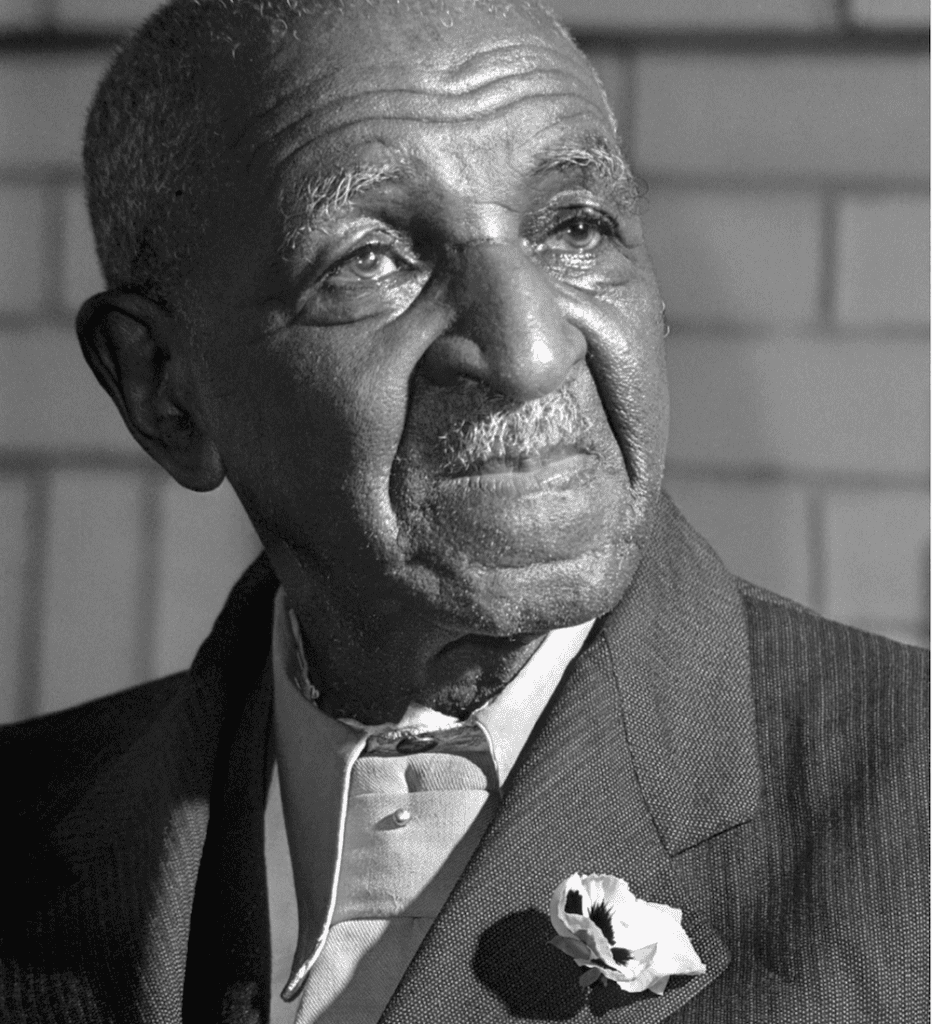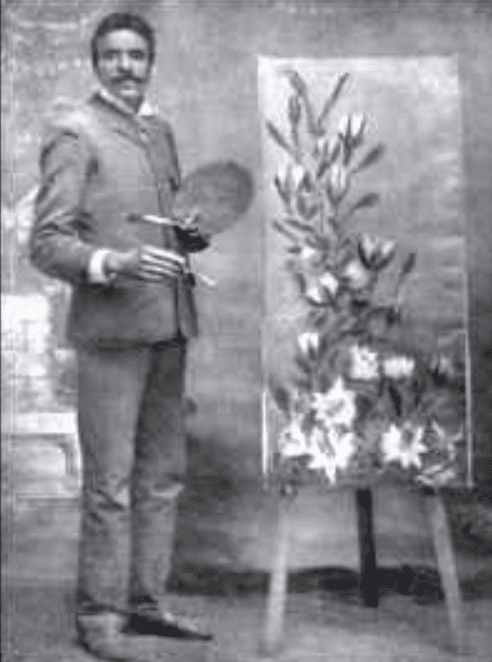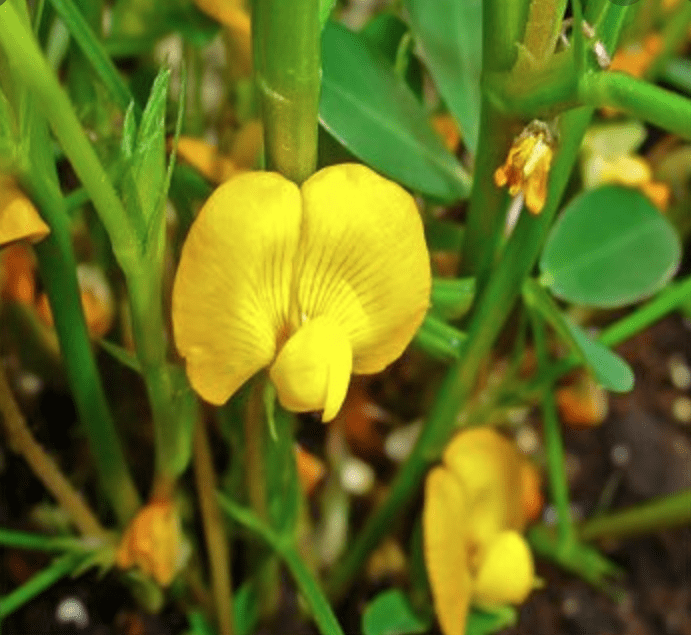Celebrating Scientist George Washington Carver’s Love of Flora
By Jill Brooke

For Floral Foodie Sunday, we are celebrating the accomplishments – and birthday – of George Washington Carver (1864-1943) who developed more than 300 products from peanuts including milk, Worcestershire sauce, punches, cooking oils, paper, cosmetics, soaps, dyes and medicines.
He was the innovator who realized that soil chemistry and rotation would impact crop production – as well as flower production.
Cotton farmers were having problems since cotton planting depleted the soil and yields. Carver’s experiments with peanuts, soybeans and sweet potatoes to counteract that problem revolutionized soil science. By growing nitrogen-fixing plants, he realized the soil could be restored and even improved.
This theory also applied to his beloved flowers which he called “little fountains of ecstasy.”
However, did you know that if it wasn’t for his love of painting flowers he may have chosen to be a musician instead of “the plant doctor” and “peanut king.”
An art teacher named Etta Budd admired his accuracy in painting flowers and encouraged him to major in botany.

Soon he became the first African-American graduate at Iowa State Agricultural College as well as one of the most admired agricultural scientists and inventors in the United States,
At a young age, Carver took a keen interest in plants and experimented with natural pesticides, fungicides and soil conditioners. Born a slave and eventually freed, he was supported and encouraged by “foster mothers” who saw his talent.
Following his degree, Booker T. Washington (whose last name George would later add to his own) convinced him to join Tuskegee Institute (now Tuskegee University) in Alabama.
Washington convinced the university’s trustees to establish an agricultural school, which could only be run by Carver if Tuskegee was to keep its all-black faculty.

Friends to both Gandhi and Thomas Edison – who offered him huge sums of money to work with him which he refused – the humble George Washington Carver enjoyed a simple life helping others.
According to the book, “The Man Who Talked to Flowers,” Carver felt his gift to understand the nature of everything from peanuts to flowers came by talking and listening to nature.
“There are certain things, often very little things, the peanut, little piece of clay, the little flower that causes you to look within- and then it is that you see into the soul of things,” he said. “When you look into the heart of a rose there you experience it. But you can’t explain it. You can talk and talk but the longer you talk the worse it gets, the further you are from the truth.”
His love of nature and flowers ran deep. In fact, he would always wear a flower in the buttonhole of his jacket. He stated that through flowers, he talked “to the Infinite.”
